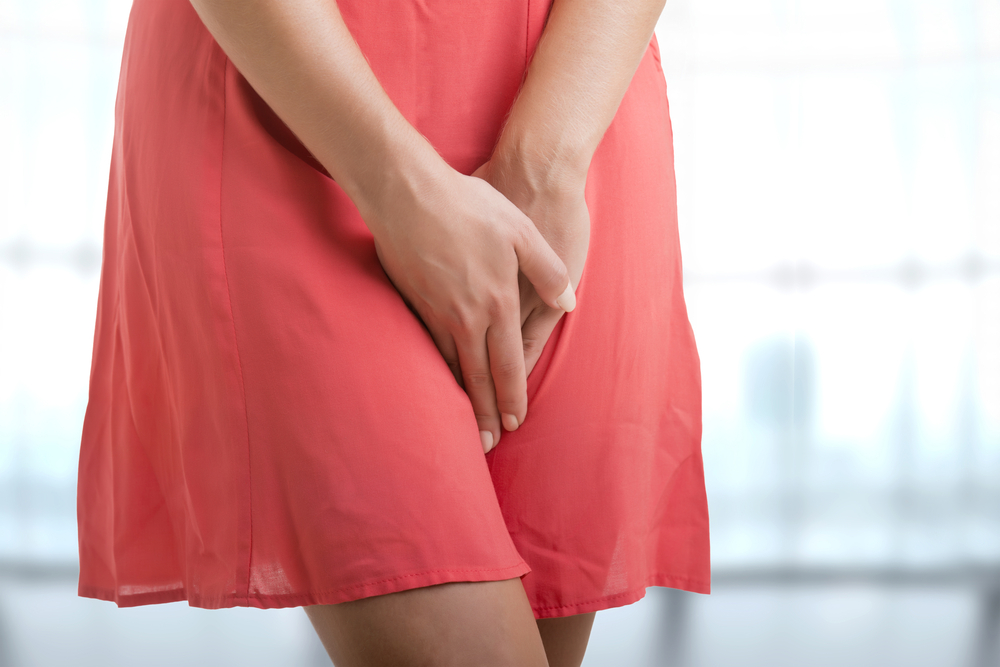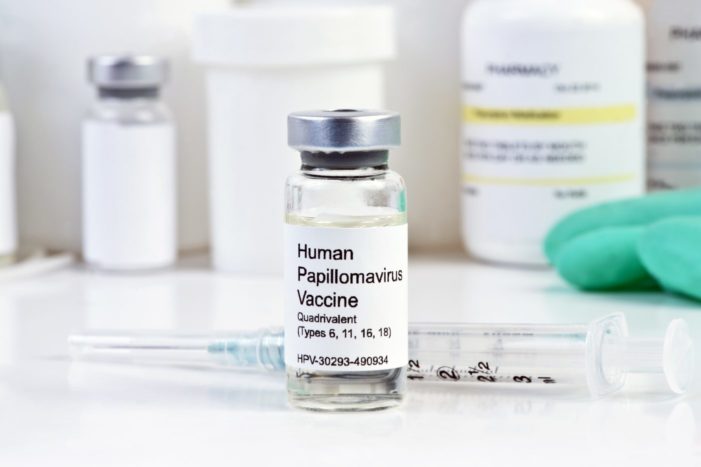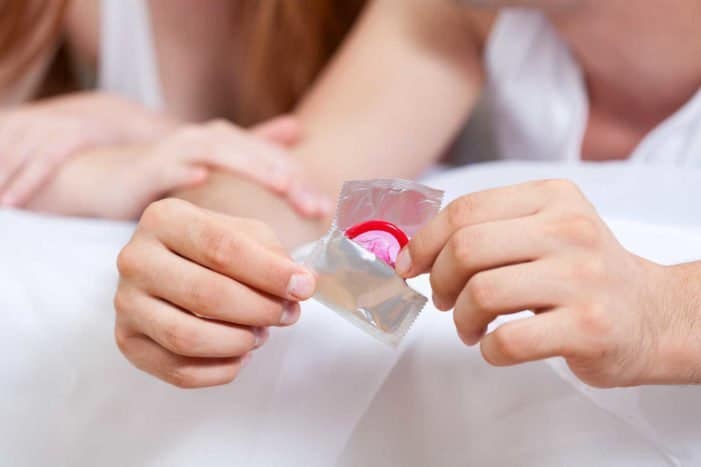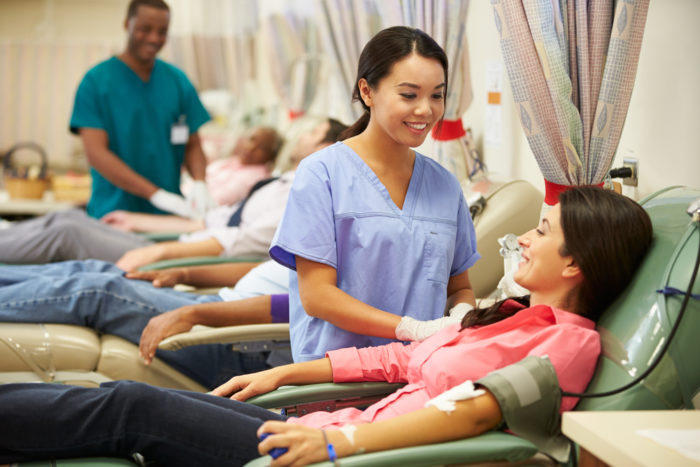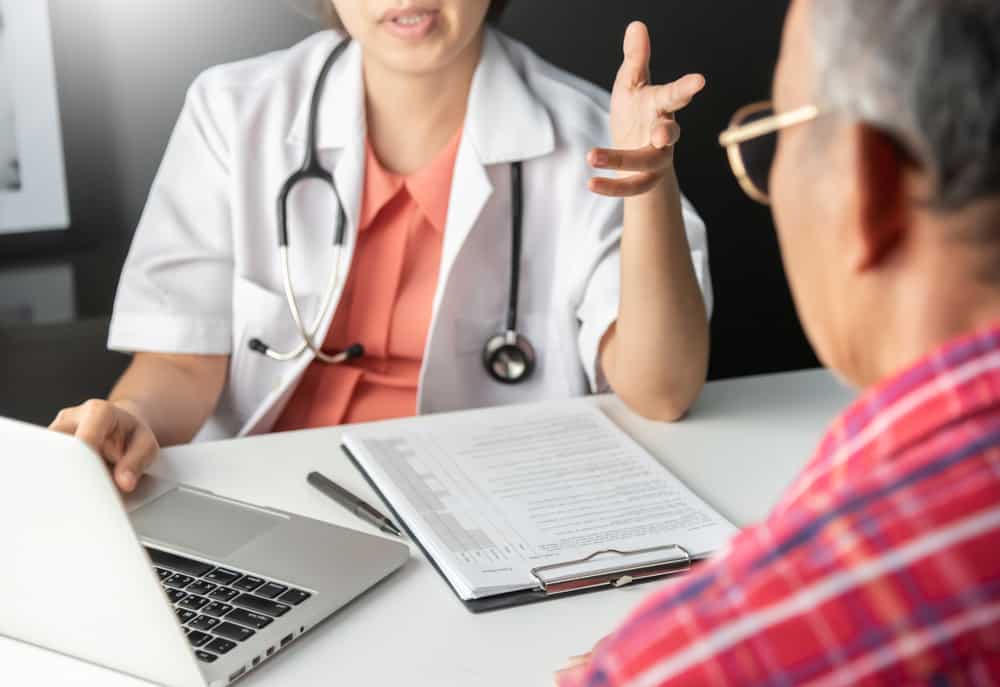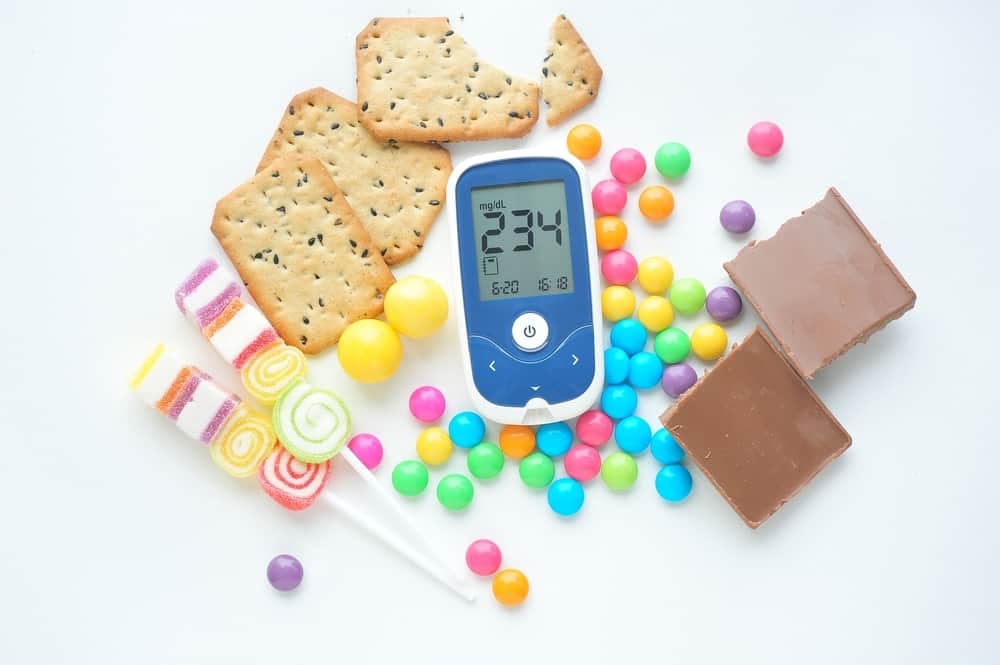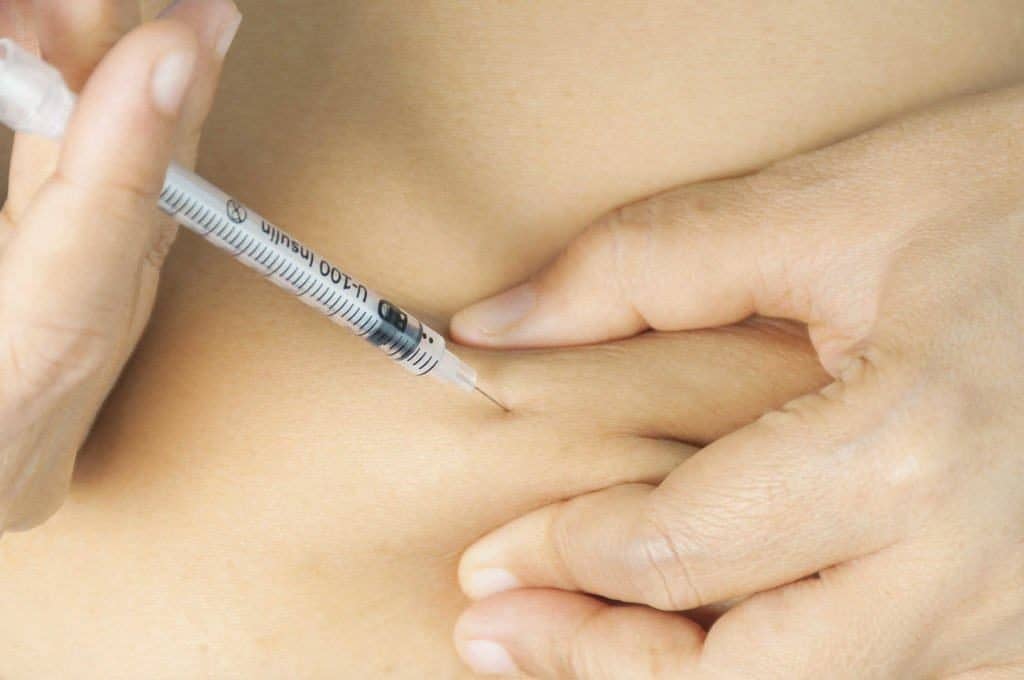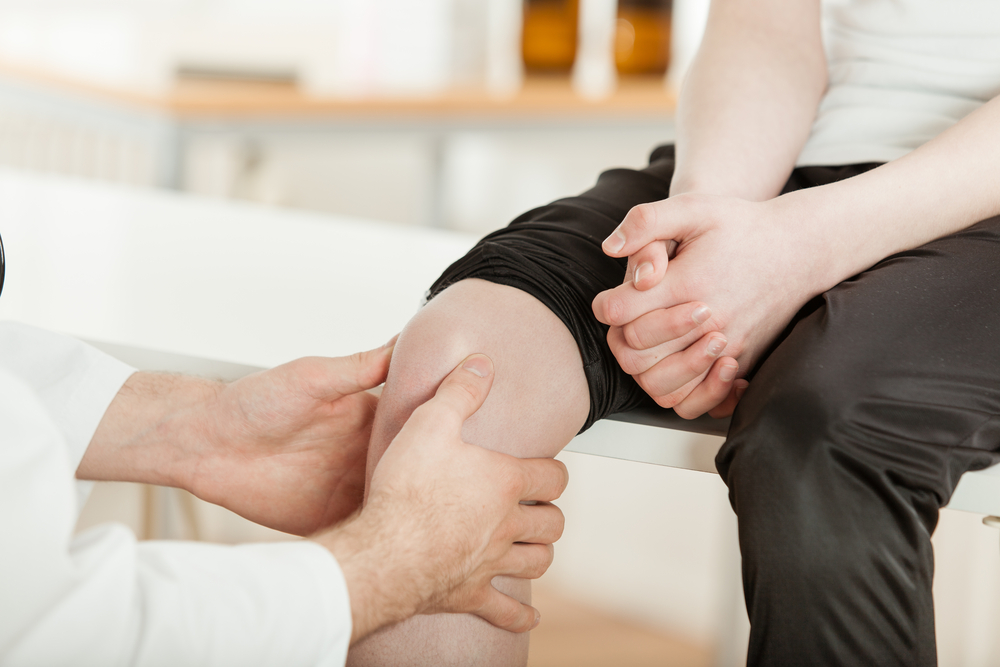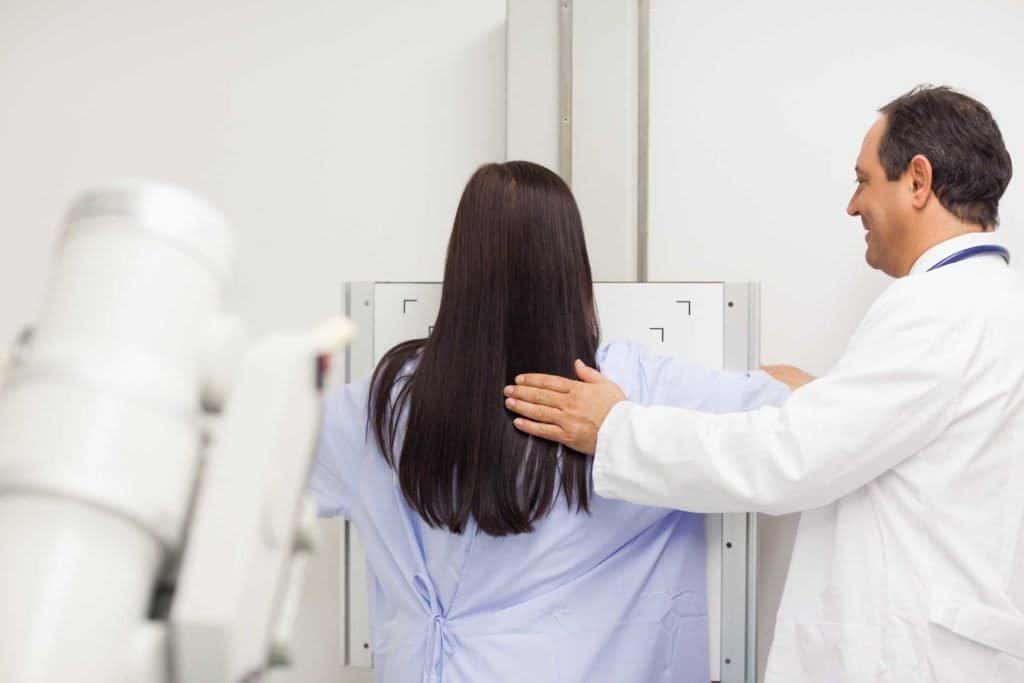Contents:
- Medical Video: How can I reduce my risk of getting a sexually transmitted disease?
- Everyone can get sexually transmitted diseases
- Do I need to do a venereal disease test?
- The right step to prevent transmission of venereal disease
- 1. Avoid sex before marriage
- 2. Loyal to one partner
- 3. HPV vaccine
- 4. Use condoms
- 5. Research before carrying out treatments using needles
Medical Video: How can I reduce my risk of getting a sexually transmitted disease?
Myths and lack of information about sexually transmitted infections (STIs), aka venereal diseases, are still big problems that need to be corrected. The proof of the incidence of sexually transmitted diseases throughout the world, including Indonesia is still quite high.
Many people think that STIs only occur in certain groups, such as commercial sex workers (CSWs). In fact, the fact is not so. To rectify this, I will discuss various important things about sexually transmitted diseases as well as the best prevention.
Everyone can get sexually transmitted diseases
You need to understand, sexually transmitted diseases not only attack commercial sex workers, but can affect anyone, including you if you are sexually active. Because, all people who have been sexually active have a risk of getting this one disease because of the biggest transmission through sexual contact.
Remember, sexually transmitted diseases are not only transmitted through vaginal intercourse but can also be transmitted through anal and oral sex.
Monogamous couples or those who only have one partner such as husband and wife are still at risk of developing this disease. The reason is, even though you and your partner do not engage in sexual activity with other people, sexual history in the past also needs to be explored. If one partner turns out to be frequently changing sexual partners, then he is at risk of getting sexually transmitted diseases from a previous partner who might be infected.
Venereal disease caused by infections such as vaginal yeast infections can even attack without previous sexual intercourse. This infection grows and develops in people who do not maintain vaginal hygiene or have diseases that weaken the immune system such as diabetes. Although not included in sexually transmitted infections, the incidence of vaginal candidiasis has increased since women began to actively engage in sexual activity.
For that, do not carelessly make sexual contact. The reason, venereal disease can attack anyone who is sexually active without you knowing it fully.
Do I need to do a venereal disease test?
In my opinion, you really need to do a venereal disease test if you are sexually active. Especially if you experience various complaints in the genital area such as lumps appear, heat and itching that does not go away, or pain that does not heal even more severe. Do not hesitate to immediately visit the nearest Sp.KK doctor.
But not only you, the couple should also be asked to jointly do this test. For those of you who want to get married, doing a venereal disease test helps prevent transmission of infection through sex after marriage. Because, not all venereal diseases show clear signs and are visible to the naked eye.
Usually doctors will examine sexually transmitted diseases such as HIV, hepatitis and syphilis. No need to be ashamed or offended to check it because this is done solely for the sake of your long-term health and your partner.
The right step to prevent transmission of venereal disease
To prevent sexually transmitted diseases, there are generally a number of steps you can take, namely:
1. Avoid sex before marriage
Sexual contact both through the vagina, rectum, and also the mouth are both at risk of transmitting venereal disease. Therefore, to minimize the rate of transmission it is better not to have sexual contact at all before you get married. Especially until changing partners without knowing for sure the couple's sexual history.
Especially in adolescents who have sexual relations too early, the risk of venereal disease will increase. Because, if the female sex organs are injured, the ability of the organ tissue to repair itself is not perfect. This in addition to increasing the risk of sexually transmitted infections is also a high risk of causing cervical cancer due to the HPV virus.
In addition, most young women and men do not understand the safe and responsible sex procedures so they are at high risk of sexually transmitted infections.
2. Loyal to one partner
Although monogamous couples such as married couples can still contract venereal disease, being loyal to one partner can reduce the risk.
Because, changing sexual partners is very risky to make you infected. Especially if each of your partners turns out to be infected. Therefore, try to remain loyal to one partner to reduce the risk of sexually transmitted diseases.
3. HPV vaccine
Before you are sexually active, it's good to get an HPV vaccine. This vaccine can protect you from various HPV viruses that can cause genital warts or even cervical cancer.
If you find that you already have the HPV virus in your body, then this vaccine can also protect you from other types of viruses that may be transmitted from other people.
4. Use condoms
Condoms are a contraceptive that can prevent sexually transmitted diseases. Condoms protect you from diseases that may infect through semen, vaginal fluids, and also blood.
Although not 100 percent effective, condom use is very important. Especially if you have sex with people who might not know what your sexual history is.
5. Research before carrying out treatments using needles
Sexually transmitted diseases are not only transmitted through sexual contact. You can get this disease through various intermediaries that you might not have expected before. For example from the use of repeated needles, blood transfusions, or making tattoos.
Therefore, always make sure all items to be inserted into the body such as needles are completely sterile and have never been used.
Avoid the threat of venereal disease by practicing various methods of prevention that have been mentioned. In addition, seek as much information as you can about venereal disease to avoid mistakes and misleading myths. If you have a particular complaint or question, don't hesitate to consult a doctor.

